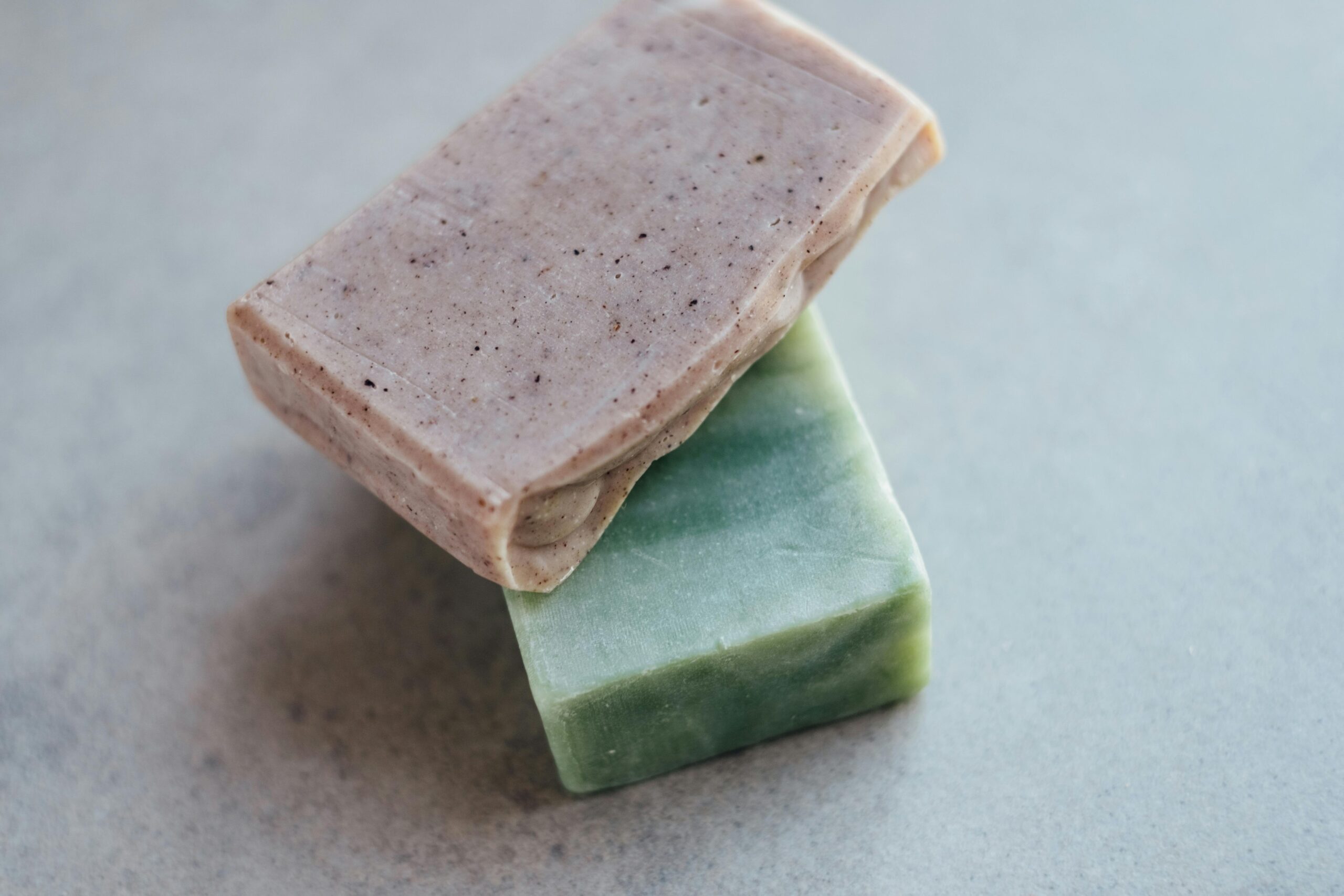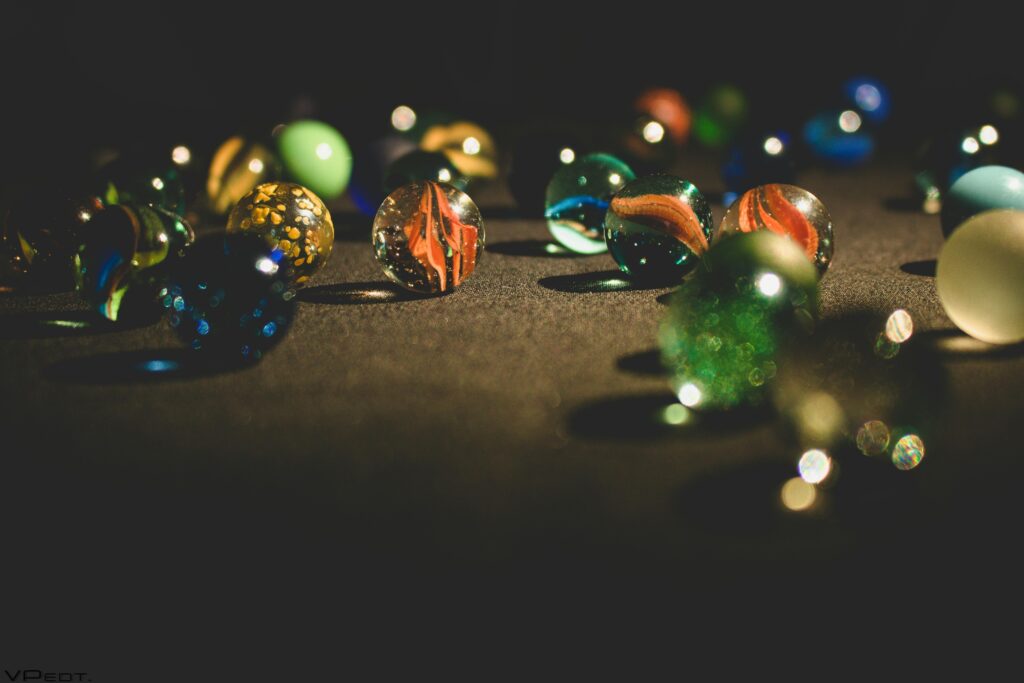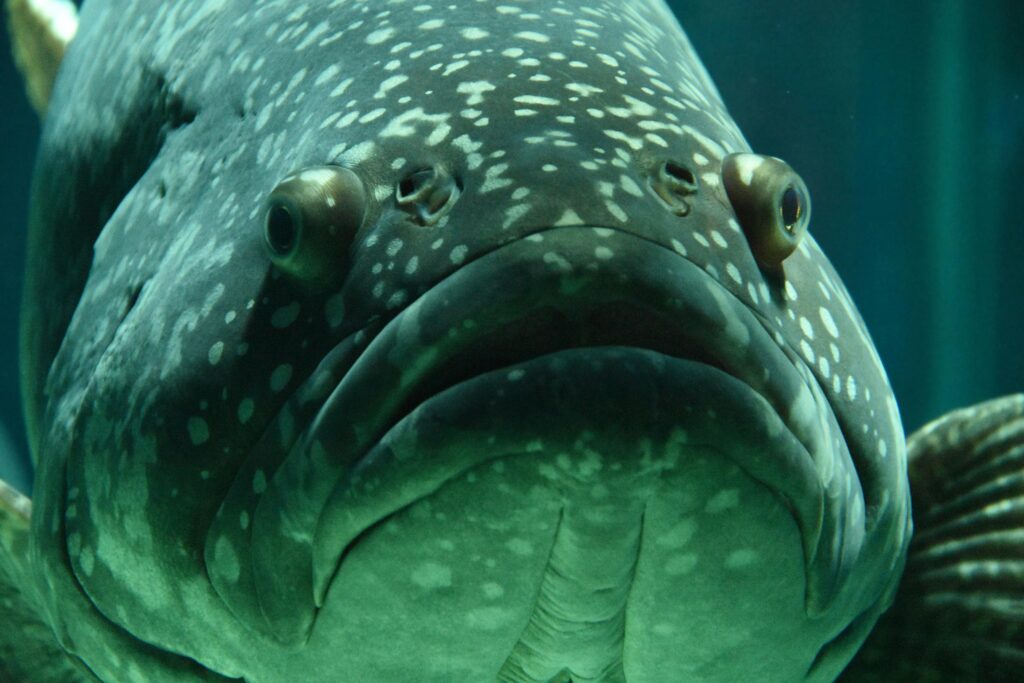Ever scrubbed your pet’s glass toys until they were spotless, only to realize you’ve smeared them with harmful residues? Yeah, us too. Glass toys are stylish, durable, and loved by pets—but cleaning them requires care. Harsh chemicals can degrade the surface or harm your furry (or scaly) friends. Thankfully, mild cleaning agents are here to save the day.
In this post, we’ll break down why mild cleaning agents are essential for pet toy hygiene while protecting your pets’ health. You’ll learn how to clean glass toys safely, avoid common mistakes, and pick the right cleaning products. Let’s get started!
Table of Contents
- Key Takeaways
- The Problem with Harsh Cleaners
- How to Clean Glass Toys Safely
- Best Practices for Toy Hygiene
- Real-Life Success Story
- Frequently Asked Questions
Key Takeaways
- Mild cleaning agents preserve both glass toys’ integrity and your pets’ safety.
- Avoid abrasive cleaners that can scratch surfaces or leave toxic residues.
- Frequent cleaning prevents bacteria buildup on pet toys.
- Vinegar-based solutions are an affordable alternative for routine cleaning.
- Always dry toys thoroughly after washing for optimal hygiene.
The Problem with Harsh Cleaners: A Cautionary Tale
“Oh no, my hamster is suddenly sneezing nonstop!” Cue me frantically Googling pet allergies, only to find out it wasn’t food—it was the bleach residue left on her favorite glass exercise ball. I’d been using a strong household cleaner without realizing its dangers. Lesson learned: Pets aren’t just sensitive—they’re sniff-sniff hypersensitive.
Harsh chemicals wreak havoc not only on delicate noses but also on the lifespan of glass toys. Over time, those abrasive formulas create micro-scratches where germs love to hide. And let’s face it—glass doesn’t forgive. A single mistake could lead to etching or cracks, ruining what should be a long-lasting accessory.
How to Clean Glass Toys Safely: Step-by-Step
Cleaning glass toys doesn’t have to feel like rocket science. Follow these simple steps for sparkling results:
Step 1: Gather Mild Cleaning Supplies
You don’t need anything fancy. Grab some dish soap labeled “mild,” white vinegar, baking soda, and microfiber cloths. Avoid anything with ammonia or citrus extracts if your pet has allergies.
Step 2: Disassemble if Possible
If your dog’s puzzle toy has removable parts, take it apart before cleaning. This ensures every nook gets attention. For smaller pieces like bird bells, use a mesh laundry bag as protection during washes.
Step 3: Rinse Under Warm Water
Start by rinsing off visible dirt under warm running water. Coldwater risks allowing grease to cling onto surfaces.
Step 4: Soak in Solution
Create a gentle soak mix using one part white vinegar to three parts water. Submerge the toys for 10–15 minutes. Pro-tip: Add a teaspoon of mild dish soap for extra germ-fighting power.
Step 5: Scrub Gently
Using a soft sponge or cloth, lightly scrub away lingering grime. Never use steel wool—it’s a glass killer.
Step 6: Air Dry Completely
Let toys sit on a drying rack overnight. Ensure all moisture evaporates because trapped water breeds mold.
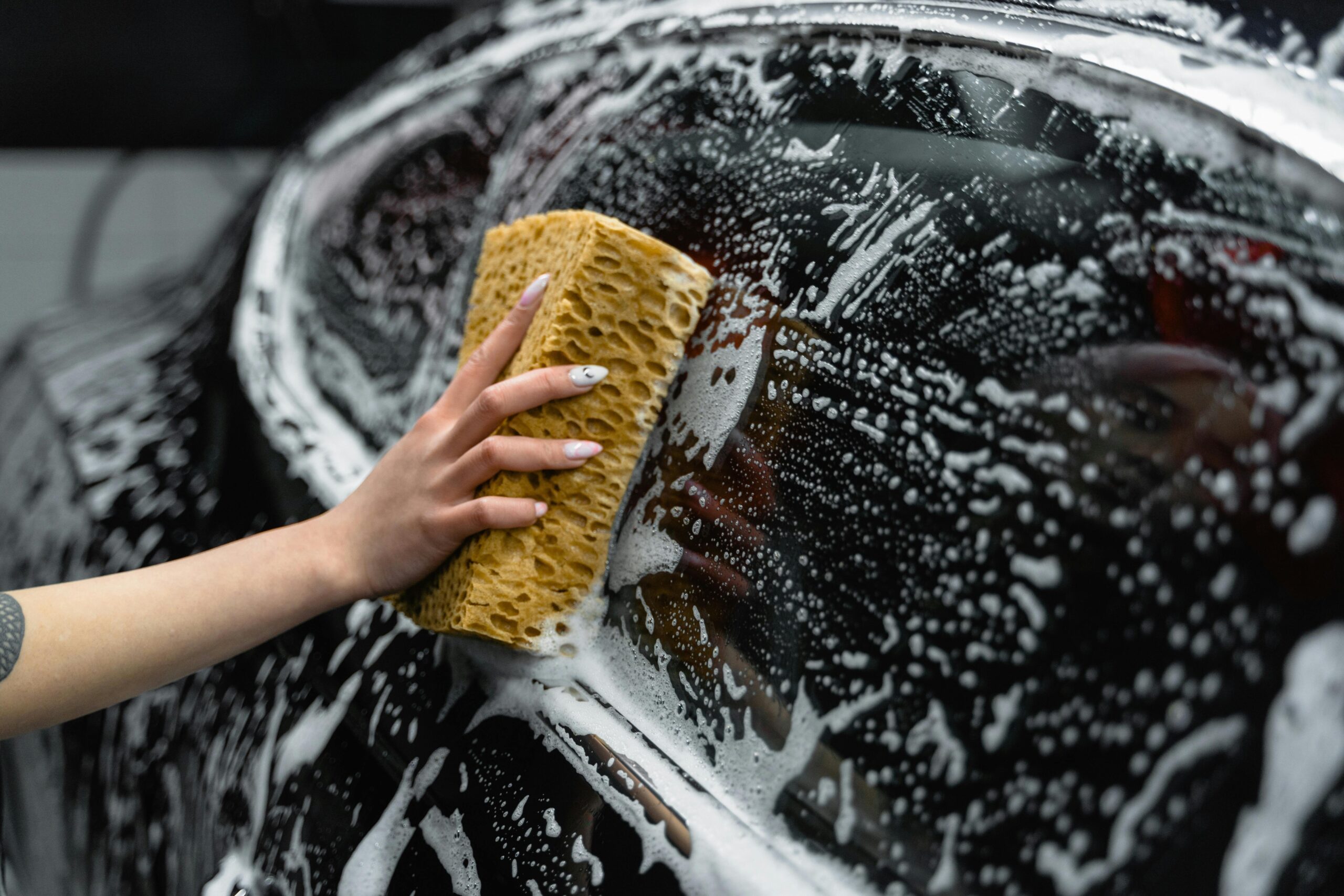
Best Practices for Maintaining Glass Toys
Tip #1: Rotate Toys Regularly
Dogs and cats alike get bored easily. Rotate toys weekly to keep playtime exciting—and give each item a rest period between cleanings.
Tip #2: Store Them Wisely
Avoid tossing wet toys back into bins. Hang metal or glass accessories upside-down to prevent pooling.
Tip #3: Terrible Tip Disclaimer – Don’t Skip Drying!
Optimist You: *”I’m sure it’ll air-dry fine on its own.”* Grumpy You: *”Nope, now there’s fungus growing inside your puppy’s favorite chew ball.”*
Rant Corner: Why We Despise Scented Cleaners
Listen, scented sprays are great for kitchens, but when applied to pet toys? Nightmare fuel. Your cat doesn’t want lavender notes; she wants lunch. Stick to unscented options unless you hate your pet’s happiness.
Success Story: From Stinky Disaster to Sparkling Happiness
Sarah R., a reptile enthusiast from Colorado, once faced chaos when her leopard gecko refused to interact with his glass feeding dish. After switching to a vinegar-and-water cleaning method, the lizard perked up instantly. “He eats from it happily again,” Sarah shared. “Plus, the glass looks clearer than ever.”
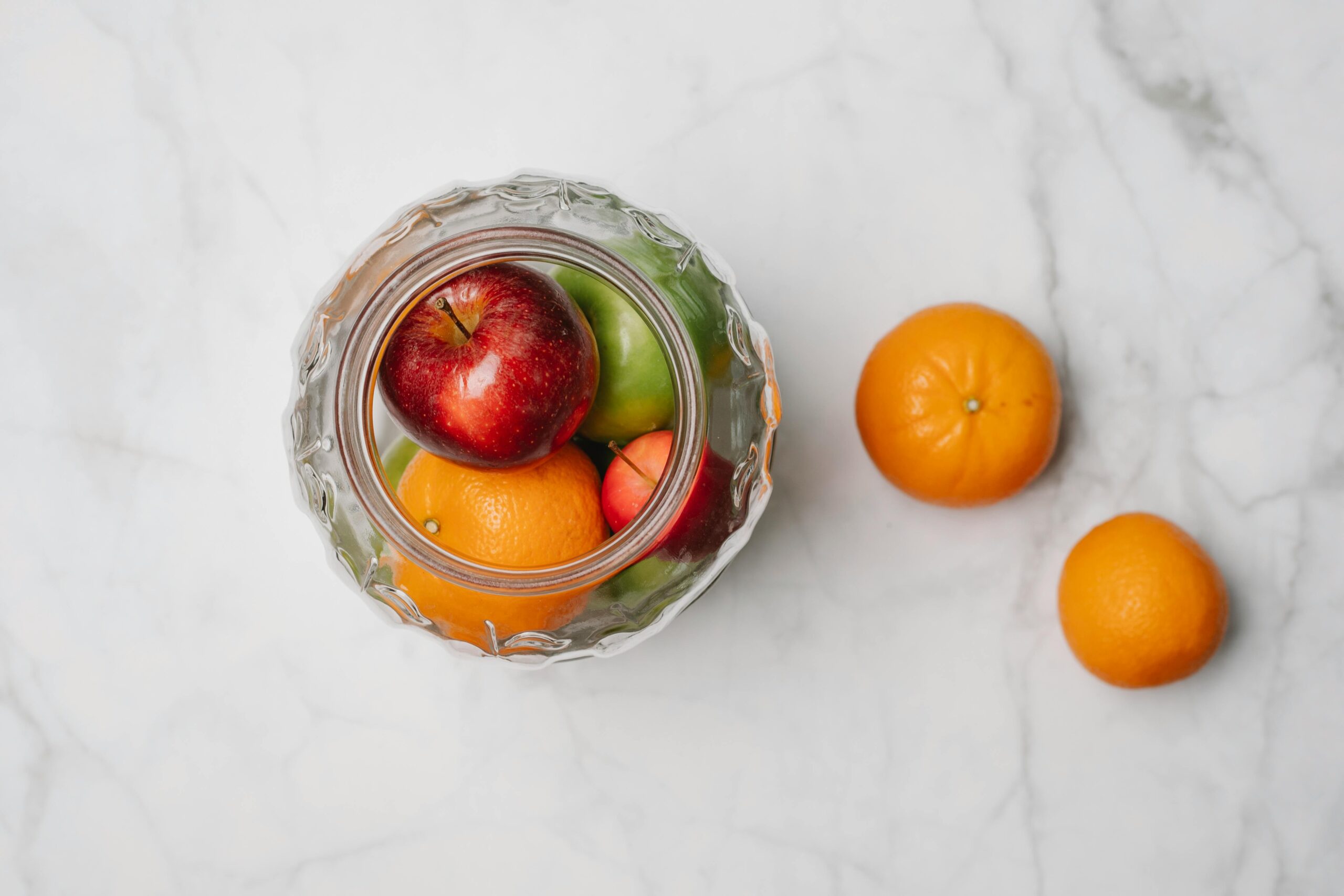
Frequently Asked Questions
Q: Can I Use Dishwasher Detergent?
Technically, yes, but make sure it’s fragrance-free and specifically designed for handwashing. Most detergents are too harsh.
Q: What About Vinegar Alone?
Absolutely—it’s safe and effective! Just rinse well afterward since pets dislike the smell.
Q: How Often Should I Clean Glass Toys?
Weekly or biweekly depending on usage. High-touch items like parrot swings may require more frequent cleaning.
Conclusion
Mild cleaning agents are the unsung heroes of pet care. By avoiding harsh chemicals, you keep glass toys pristine while safeguarding your beloved critters’ health. Remember to rotate toys, store them properly, and always dry completely.
Now go forth and pamper those adorable companions—with squeaky-clean style!
P.S. Like a Tamagotchi, your SEO needs daily care.
